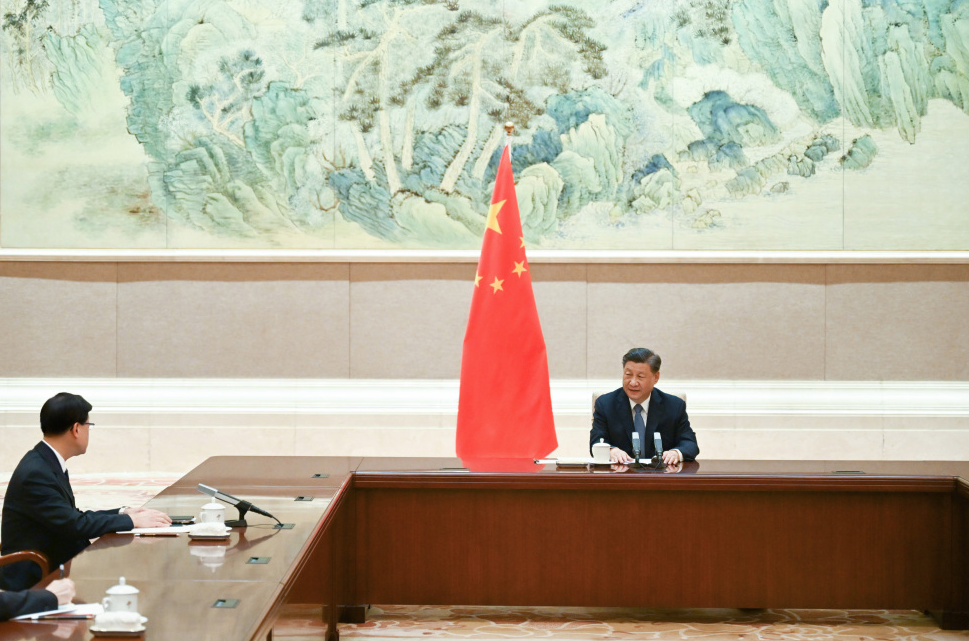Hackers are getting younger, Beijing police say
Computer hackers who infringe upon others” legitimate rights or commit crimes are getting younger, Beijing police said on Monday.
The Cybersecurity Department with the Beijing Public Security Bureau revealed the finding in a statement after reviewing 113 hacker-related cases solved by police across the city since last year.
The department said that hacking into computer systems is easier than it used to be, and the age of the suspects is also declining.
In one case last year, for example, a man surnamed Dong was accused of hacking into an online game platform and stealing player’s personal data after spending 300 yuan ($41) to buy hacking software. As a result, the players and the platforms’ operator sustained financial losses.
The department noted that Dong’s alleged attack was successful even though he had no background in computing technology.
Four people who allegedly sold Dong the software and helped him build a personal information database in the attack were all born in 1990s, it added.
It revealed that some of the suspects spent less than 100 yuan to buy Trojan horse programs to control computer servers, and some engaged in hacking are under age 18.
While noting that the suspects mainly hacked into computer systems to steal personal data, including netizens’ identities, mobile phone numbers, home addresses and records of their online purchases, the department said that online game platforms are also major targets.
It pledged to continue to fight against hacking and urged internet users to change their passwords regularly and upgrade security software.





